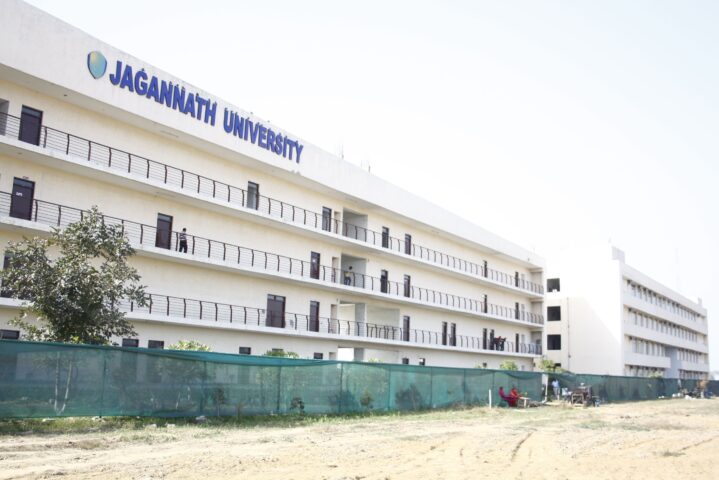Last Updated on June 15, 2022 by Varun Sehravat
B.Sc. Agriculture is generally a four-year undergraduate course that mainly
Concentrates on the research and practices in agriculture science dealing with various disciplines like Genetics and Plant Breeding, Agriculture Microbiology, Soil Science and Plant Pathology, etc. The basic methodology of this course is to teach the student the modern and effective way of agriculture which helps to improve the productivity. To learn all the courses, you need to choose the best b.sc agriculture colleges in India. With the help of this course, the students will learn the agriculture techniques and technologies in the real world scenario.
Why BSc Agriculture?
- Students have various options after completing a BSc in Agriculture. They can go for the Masters in Agriculture Sciences or MSc Course.
- The opportunity for the government jobs such as the IBPS, UPSC, FCI and many others are available.
- Since the students are graduated, they are eligible to write all the competitive exams for the Government Jobs.
· Many colleges offer the best agricultural courses in India. The college should have an ICAR regulating body.
Eligibility Criteria:
- To seek admission to India’s best BSc agriculture colleges, the students should complete their 10th and 12th examination with a 50% Score.
- The Students should complete their higher secondary school in the stream of science subjects such as physics, chemistry, mathematics and biology.
- Universities also conduct their entrance examination to qualify for this course.
B.Sc Agriculture Admission Process:
The admission process usually varies from institute to institute. Some colleges provide the direct B.Sc Agriculture admission is based on personal interviews and merit. Some colleges conduct national, university-level examinations to admit the student’s interest in agriculture. There are two types of Admission most the university offers:
- Direct Admission
- Entrance Exam based Admission
For Direct Admission:
For Direct Admission the Students should fill out the college admission form either online or offline before the application deadline to consider the admission process.
For Entrance Exam based Admission:
Admission is mostly based on the Entrance exam to check the student’s capability. Then
select the students based on the examinations followed by the different rounds, which usually consist of group discussions and Personal Interviews.
B.Sc Agriculture Jobs and Placements:
After completing the course, the graduates can find jobs in the public and private sectors. The agriculture sectors are growing rapidly where the job opportunities are increasing. Many research projects and teaching work-related to Agriculture should be provided regarding Agriculture departments like
- Extension services
- Research Organization
- Commercial farming
The annual package offered for this professional is INR 3 to 8 LPA. Some of the jobs profile for the agriculture sectors are:
- Agriculture Officer
- Assistant Plantation Manager
- Marketing Executive
- Business Development Executive
- Agriculture Research Scientist.
Best College Training Approach:
You are becoming the best B.Sc Agriculture professional, you should choose the best college for b.sc in Haryana, which gives all the relevant training in the agriculture field. Mostly Agriculture is the field that requires an individual with lots of patience, and you should pay attention more and excel in the observational skill. The college should give training regarding some of the important skills listed below:
- Forward Planning
- Initiative
- Good Communication
- Flexibility
- Marketing and sales skills
- IT skill
Conclusion:
The aspirants who will pursue this field have a genuine passion for agriculture field. The agricultural field is the more demanding in the market. You should choose the best college which trains all the skill mentioned above. Jagannath University is one of the best b.sc degree colleges in Bahadurgarh, which gives training regarding all the skills mentioned above. The University should properly provide depth information regarding soils, water harvesting, animal husbandry, and a few components of biotechnology.


